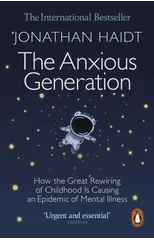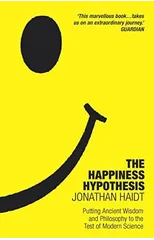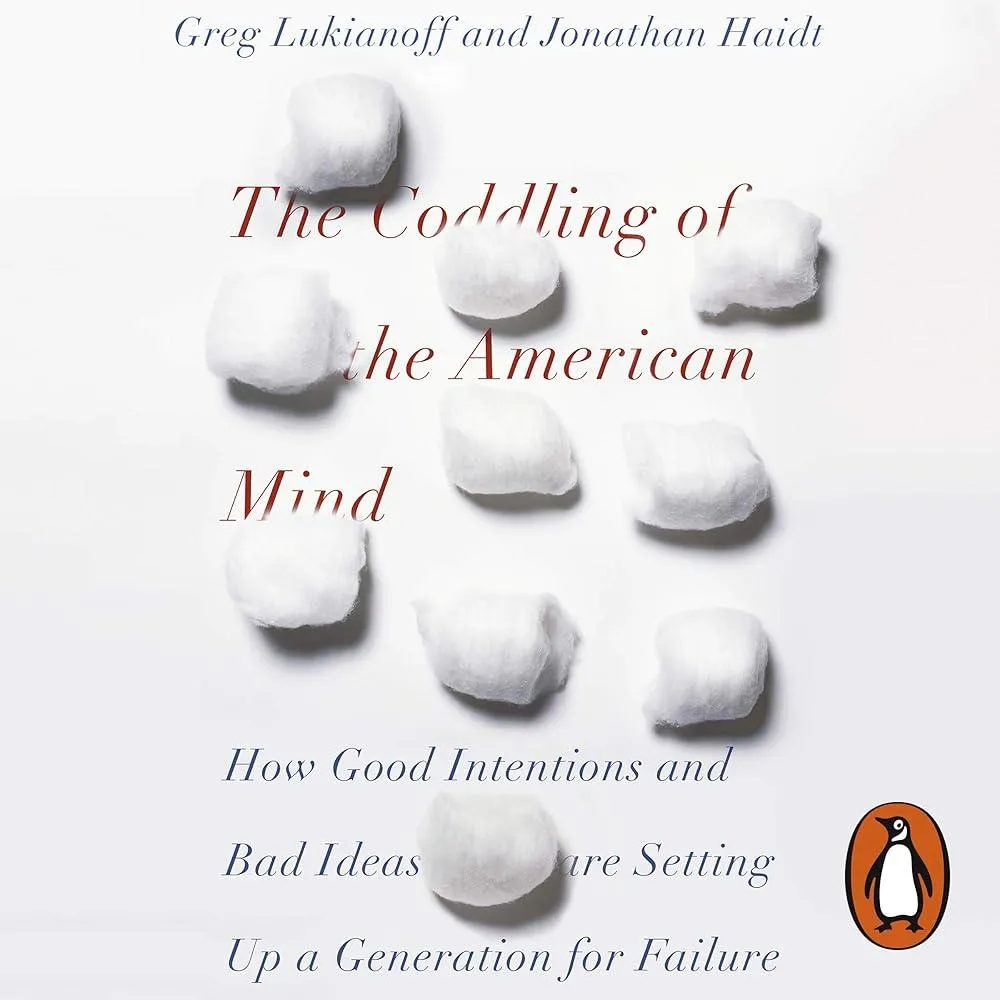The Happiness Hypothesis
Putting Ancient Wisdom to the Test of Modern Science
(Author) Jonathan HaidtEvery culture rests on a bedrock of folk wisdom handed down through generations. The pronouncements of philosophers are homespun by our grandmothers, and find their way into our common sense: what doesn't kill you makes you stronger. Do unto others as you would have done unto you. Happiness comes from within. But are these 'truths' really true? Today many of us seem to prefer to cling to the notion that a little bit more money, love or success will make us truly happy. Are we wrong? In The Happiness Hypothesis, psychologist Jonathan Haidt exposes traditional wisdom to the scrutiny of modern science, delivering startling insights. We learn why constraints are good for us and choice is (sometimes) bad; where true love comes from; why conscious thought is not as important as we might think; and why we yearn to become part of something larger than ourselves.
Jonathan Haidt
Jonathan Haidt is a social psychologist known for his research on morality, politics, and religion. He is the author of several influential books, including "The Righteous Mind: Why Good People are Divided by Politics and Religion," which explores the psychological foundations of morality. Haidt's writing style is characterized by a blend of academic rigor and accessible storytelling, making complex ideas understandable to a wide audience. His work has had a significant impact on the fields of psychology and political science, challenging conventional wisdom and offering new insights into human behavior. "The Righteous Mind" is considered his most famous work, shedding light on the origins of moral beliefs and how they shape our worldviews.



